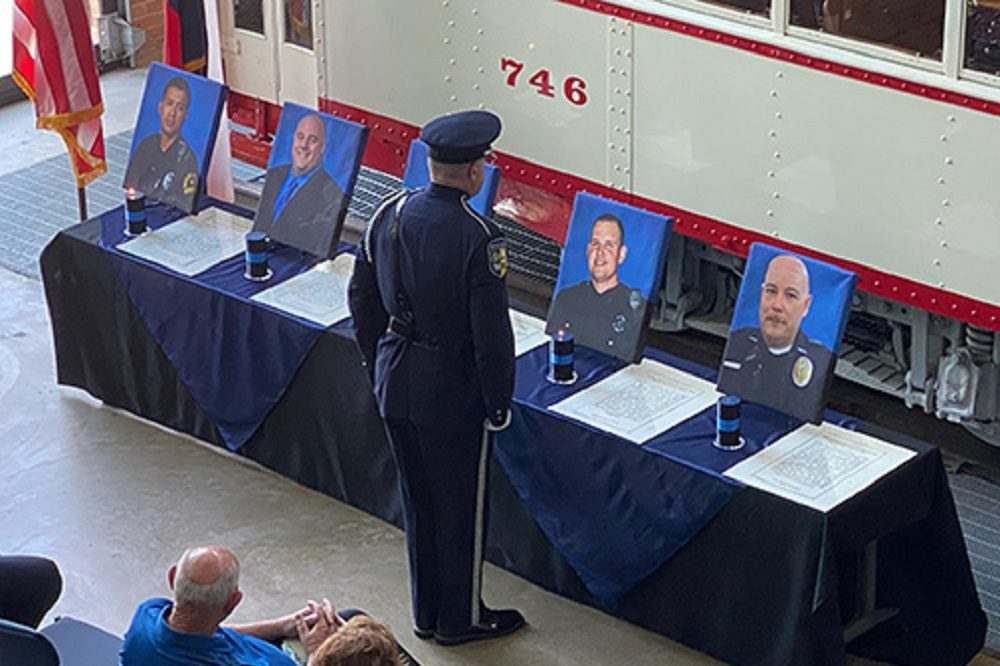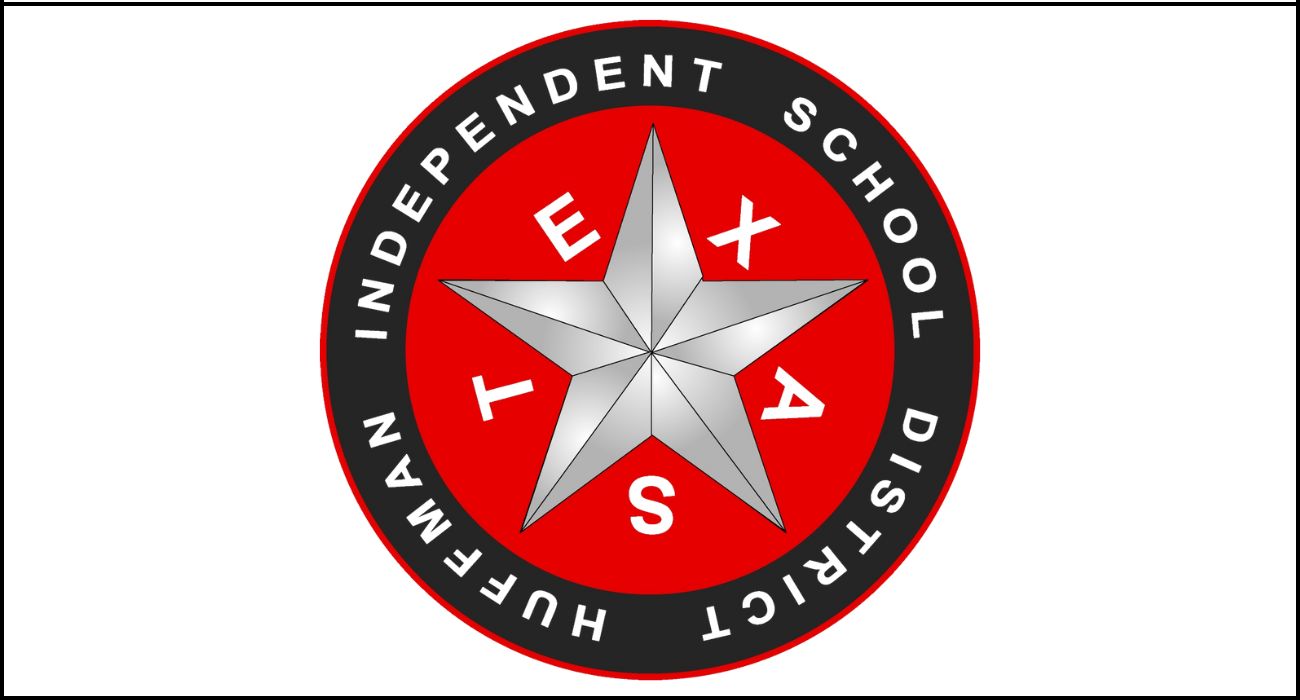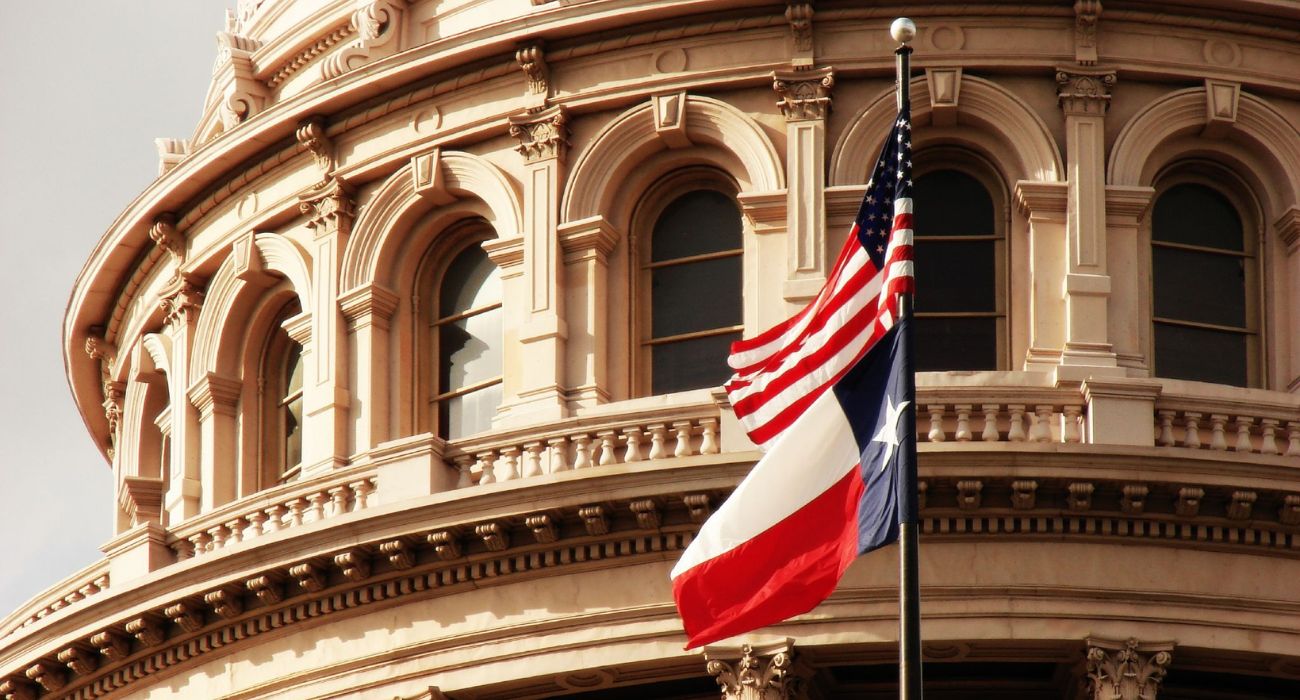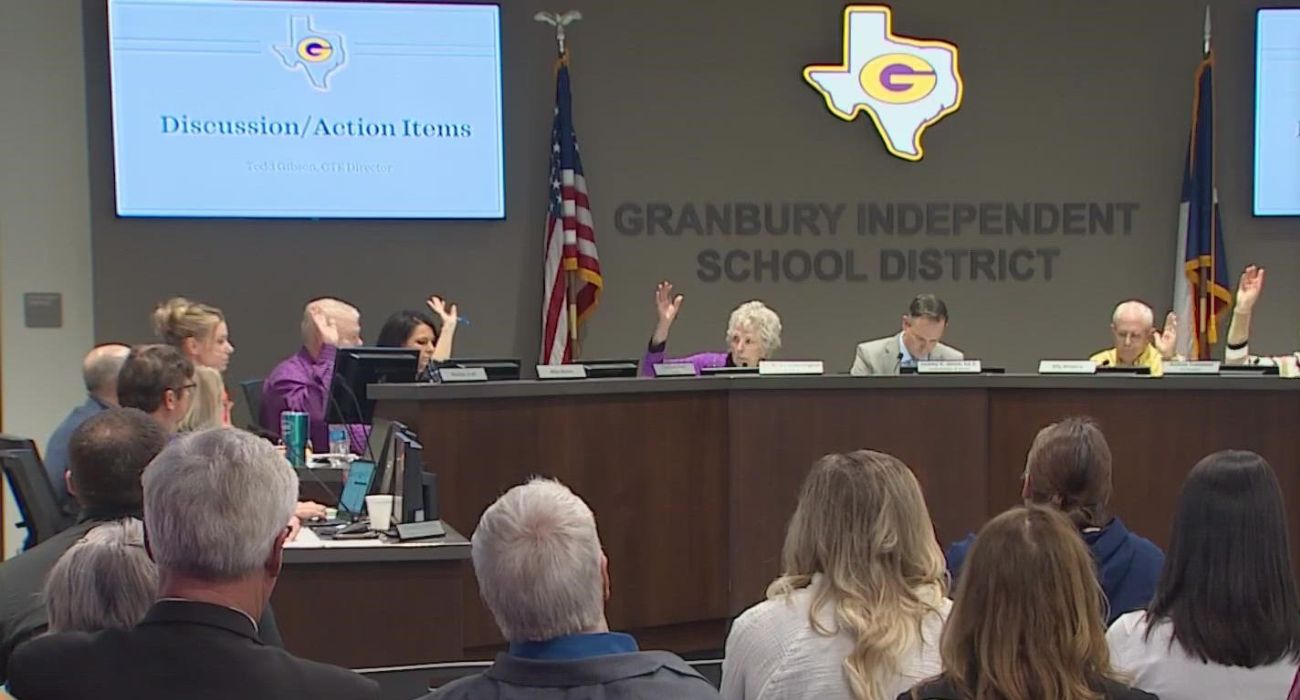Dallas College issued the following announcement on July 7
This material was written by Dallas College licensed professional counselor Kaitlin Short, MS, LPC, NCC. All views expressed in this piece are the author’s own and do not necessarily reflect the views of Dallas College.
We find ourselves in summer: in the midst of summer courses, Fourth of July celebrations, summer travel, not to mention the heat. Did you know that July is also BIPOC Mental Health Month?
According to Mental Health America (2021), BIPOC Mental Health Month was formally recognized in 2008. This important campaign brings awareness to the mental health experiences, healthcare disparities and concerns specific to individuals who identify as Black, Indigenous and/or People of Color (BIPOC).
We begin this month with an intentional focus on mental health matters within our BIPOC communities. Consider the following statistics provided by Mental Health America (2021) and the American Psychiatric Association (2017), specific to those who may identify as part of the BIPOC community:
- 17% of African Americans report having mental illness.
- 23% of Native American/Alaskan Natives/Indigenous Americans report having mental illness.
- 15% of Latino/Hispanic Americans report having mental illness.
- 13% of the AAPI community report having mental illness.
- 25% of people who identify as being multiracial report having mental illness, and, people who identify as multiracial are most likely to report having mental illness within the last year compared to other racial/ethnic groups.
Further, the APA (2017) reports the following regarding the percentage of those who identify as having mental illness AND receiving mental health treatment:
- 31% of African Americans
- 31% of Latino individuals
- 22% of AAPI individuals
- 46% of multiracial Americans
Barriers to accessing mental health treatment are real, as well as those that specifically affect treatment access for members of diverse racial or ethnic groups. According to the APA (2017), these could include financial or insurance concerns, stigma about mental health or mental health treatment, lack of trust in healthcare providers, lack of culturally-competent providers, diversity (or lack thereof) in mental health treatment providers and language barriers.
The professional counselors at Dallas College Counseling Services want all students to know that it’s Okay to Say. If you, a friend, or a classmate are struggling with your mental health, free mental health counseling services are available to all Dallas College students.
It’s important to check in with your mental health! As we continue into the summer, and perhaps out of one of the most challenging years many of us have experienced in our lifetimes to date, take a moment to check in with yourself. How are you doing? How would you rate your mental health on a scale of 1 to 10 – from not so great to great? Are stressors or areas of concern taking up a bit too much real estate in your day-to-day life? We encourage you to pursue the free mental health counseling services provided by our excellent professional counselors – contact [email protected] to request an appointment.
References:
Mental Health America, Inc. (2021). Mental Health Resources for Black, Indigenous, and People of Color. BIPOC Mental Health. https://www.mhanational.org/bipoc-mental-health
American Psychiatric Association. (2017). Mental Health Disparities: Diverse Populations. https://www.psychiatry.org/psychiatrists/cultural-competency/education/mental-health-facts
This material is meant to be informational in nature. It is not intended to serve as a replacement for mental health treatment or as a therapeutic intervention. The information provided is not intended to assess, diagnose, or treat any mental health condition. Consumption of this information does not imply nor establish a therapist-client relationship.
Dallas College Provides Free Mental Health Counseling for Students
Do you need to speak to someone about something you’re dealing with? At Dallas College, we never want you to feel alone. Our licensed, professional counselors are here to help you — for free!
Our team offers in-person or virtual individual counseling sessions for any student ages 18+ and currently enrolled in courses for the ongoing semester.
To get started, you can email Dallas College Counseling Services at [email protected] with your name, student ID number, the best number to reach you, and your campus preference (if you have one!). We will respond promptly during normal business hours.
Please note: If you are experiencing a mental health crisis, please call 911, visit the nearest hospital emergency room, or call the National Suicide Prevention Lifeline at 1-800-273-TALK, rather than requesting a counseling session.
Counseling Services Events and Workshops
Our counselors also offer a variety of informational workshops and events to assist students in developing their whole selves – personally, academically, socially, and emotionally! All Counseling Services events are free. We look forward to seeing you! Join us for the following events:
Current Conversations: DACA and the Meaning of Being American
July 7th at 3 PM
Mental Health and The BIPOC Community
July 27th at 2 PM
Discover other events we have planned this semester by visiting our Counseling Workshops and Events page.
Our team of Dallas College counselors also proudly support TAO (Therapy Assistance Online) as a helpful, free resource that offers more than 150 brief, interactive sessions on various topics such as mental health, wellness and substance abuse. Check out the following sessions that are available on demand:
Healthy Relationships
Join in:taoconnect.org/relationships
Enrollment Key: #Love
Let’s Talk About Anxiety
Join in: taoconnect.org/anxiety
Enrollment Key: #kick-it
Mindfulness 101
Join in: taoconnect.org/mindfulness
Enrollment Key: #keepcalm
Stress Management
Join in: taoconnect.org/stress
Enrollment Key: #kickstress
Community Mental Health Resources Available in Our Area
- North Texas Behavioral Health Authority can help pay for community psychiatric, mental health and substance abuse services — please call 214-366-9407
- Suicide and Crisis Center of North Texas — please call 214-828-1000
- National Veterans Crisis Line — please call 800-273-8255 and press 1
- National Domestic Violence Hotline — please call 800-799-7233
- National Sexual Assault Hotline — please call 800-656-4673
- Text “HOME” to 741741 from anywhere in the United States to text with a trained crisis counselor. Heads up — standard messaging rates may apply.
It’s okay to say. Our college encourages and supports all students and employees in their efforts to openly talk about mental health. Even if you’re not dealing with a specific mental health issue, chances are someone you know is. If you see something that could be helpful to someone else, spread the word and share this information.
Original source can be found here.






